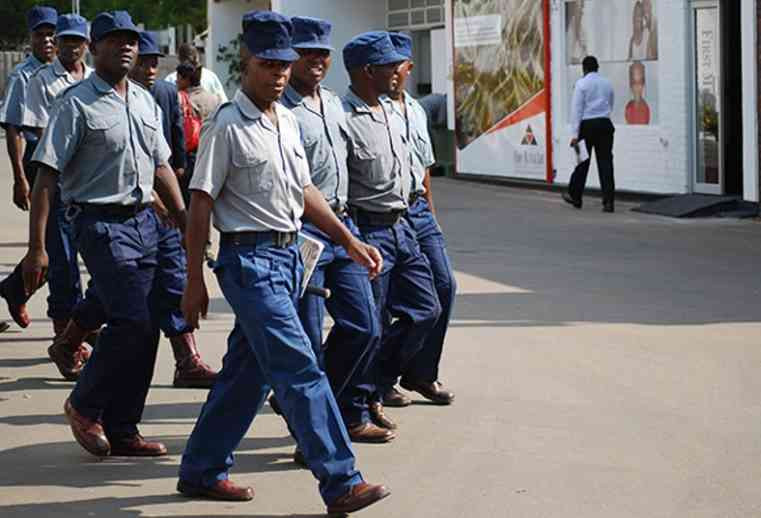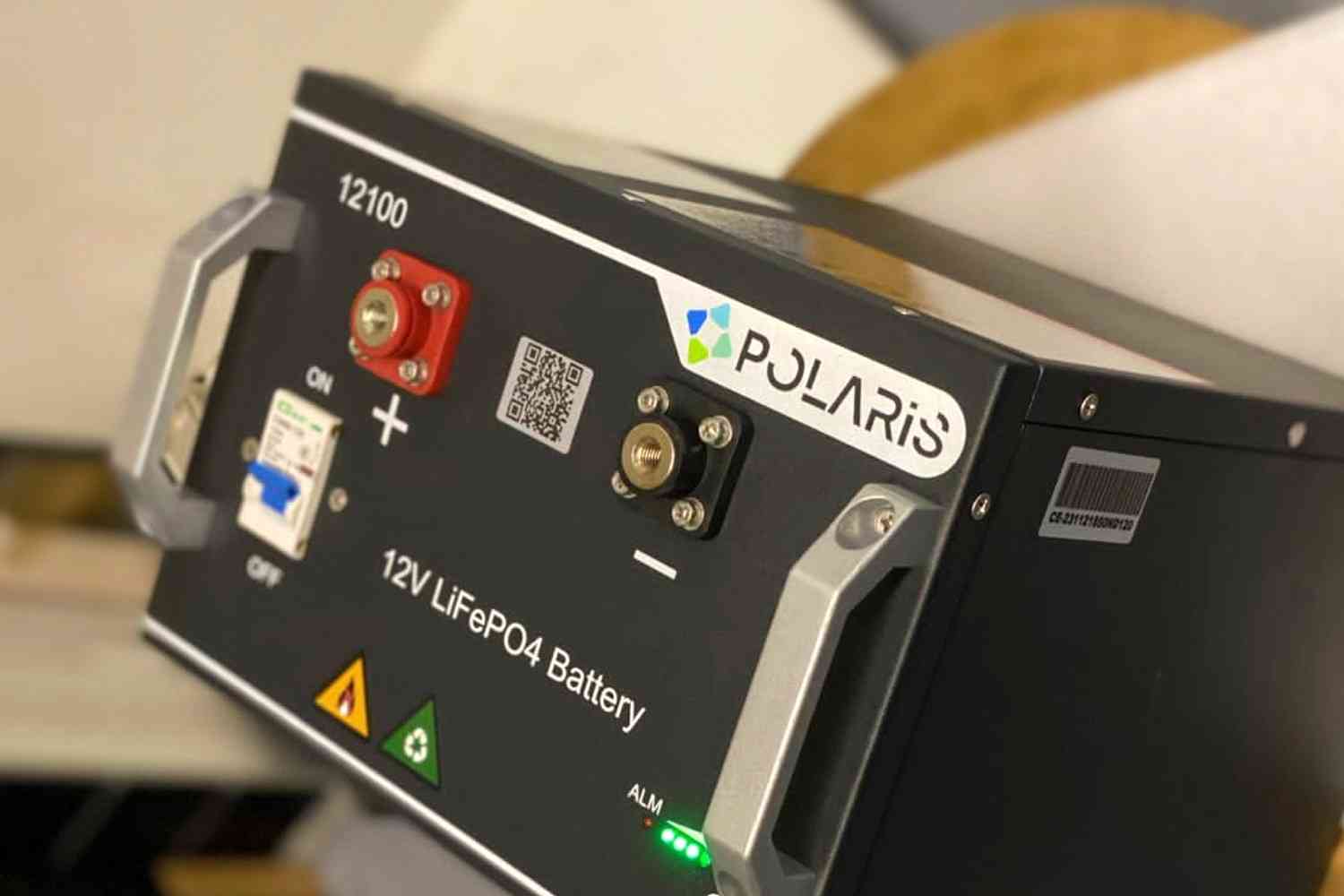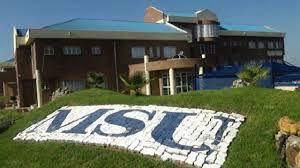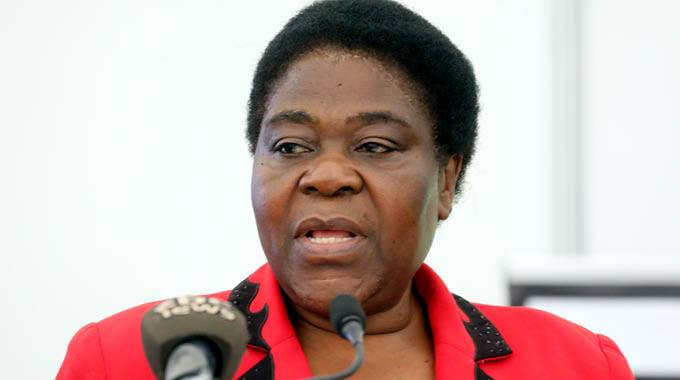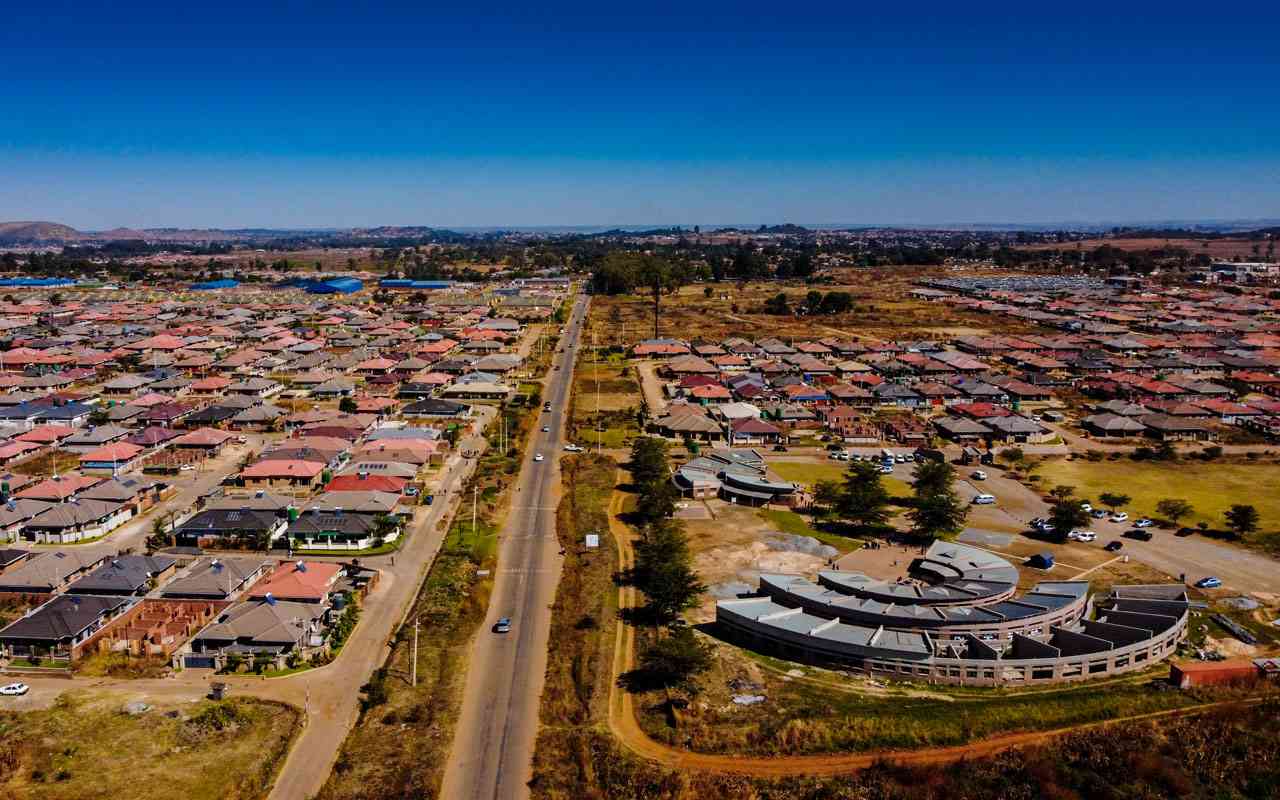TINASHE KAIRIZA/ ANDREW KUNAMBURA AN internal audit has uncovered corporate governance rot, and looting at ailing parastatal National Railways of Zimbabwe (NRZ) with board chairperson Martin Dinha and his board allegedly blowing millions of dollars on luxuries.
The audit report, seen by the Zimbabwe Independent, exposes how the struggling parastatal lost millions of Zimbabwean dollars and hundreds of thousands of United States dollars through financial waste and unsubstantiated payments to the board members and senior officials.
The report, which was compiled by NRZ internal auditor Gilbert Sukwe with assistance of the loss control division, has since been submitted to “higher authorities”.
The rot picked up by the auditors is for the year ended December 2021. The report was submitted to government authorities on March 31, 2022.
The auditors particularly accused Dinha of allegedly engaging in profligate behaviour, including spending weeks in top hotels and entertaining numerous unaccounted-for guests at the parastatal’s expense.
The report further revealed that the Dinha-led board blew its 2021 budget for hotel expenses by 70%.
Keep Reading
- Chamisa under fire over US$120K donation
- Mavhunga puts DeMbare into Chibuku quarterfinals
- Pension funds bet on Cabora Bassa oilfields
- Councils defy govt fire tender directive
According to the report, the board office was allocated a budget of ZW$10 million (US$28 000) for the year 2021. However, incurred expenses amounted to over ZWL$17 million (US$47 000), representing over expenditure in excess of 70%.
In his response to this anomaly, Dinha attributed the variation to inflation.
“The increase was due to inflation considering that the budget was in ZWL. He further advised that the board was holding many meetings including recapitalisation and restructuring meetings. The board was given budgets as control instruments which should be adhered to as a way of managing costs,” the report reads.
Dinha in the report was accused of double booking and overstaying in hotels and entertaining numerous guests while on NRZ business.
For instance, the report says Dinha stayed at the Bulawayo Holiday Inn Hotel for four days when he had gone there for a one-day board meeting.
He was also simultaneously booked at the Harare Holiday Inn Hotel.
“The board chair was booked at Holiday Inn (Bulawayo) for a special board meeting scheduled for 19/08/2021 and also at Holiday Inn (Harare) 18 to 20 August for day use only. The chair also outsourced transport services on NRZ account on 19/08/2021,” the auditors noted.
Dinha blamed the board secretary for his alleged overstaying in the hotel and for the double booking in his response documented by auditors.
“The duty of checking out of the hotel rests with the chairman’s secretary. She should have checked me out when she realised that I had moved out of the hotel,” Dinha said.
Dinha’s secretary on the other hand indicated that the Harare booking was made without her knowledge.
“Bookings for Harare hotels were done in Harare and I was not aware of that,” she said in response to inquiries by auditors.
In another case, Dinha was simultaneously booked at two hotels in Bulawayo for a board meeting.
“The board chair was booked at Holiday Inn (Bulawayo) on 04/11/2021 and at Home and Travel Guest lodge (Bulawayo) from 4 to 7/11/2021. Although the chairman checked in at the lodge on 05/11/2021, NRZ was billed from November 4, 2021, according to the earlier reservation,” the report noted.
In his response, Dinha said he opted for Holiday Inn after realising that Home and Travel Lodge had no internet.
The auditors also noted NRZ paid for Dinha’s bloated hotel expenses on 22 occasions throughout 2021.
“On twenty-two (22) instances, NRZ paid hotel expenses incurred by the chair without adequate details such as evidence of the nature of railway business undertaken. Furthermore, on three (3) such instances, the chair was accompanied by ‘delegates’ whose number and identities were not disclosed. This was over and above his usual entourage of two (2) drivers and an aide,” the report further reads.
Dinha responded to the allegation by claiming he would be on NRZ special assignments without clarifying their nature.
He also claimed the unidentified guests he entertained at the expense of the cash-strapped state enterprises were government ministers.
“I will be on special assignments while in some instances I will be waiting to discuss NRZ business with government officials since I stay in Bindura. The delegates referred to above were the ministers of State for Matabeleland South and Bulawayo Provinces,” Dinha said.
The auditors also noted that NRZ’s board chair residence in Bulawayo was recently renovated to hotel standards at an exorbitant cost of US$214 000 against the initial cost of US$165 000 to accommodate him during his visits to Bulawayo.
Despite the property being ready for occupation by August 2021, he has always used hotels.
“The guest house was recently renovated to hotel standards in order to accommodate the board chair while in Bulawayo with the aim of curtailing hotel expenses. The guest house was ready for occupation with effect from August 2021.
“However, the chair continues to be booked in hotels and private lodges in Bulawayo after completion of the renovations,” the audit report reads.
The former Minister of State for Mashonaland Central province claimed in his response that he preferred hotels because “staff at the Guest House needed some training for them to provide hotel standards”.
The NRZ loss control department reported that there were variations regarding the renovation of Dinha’s official residence, identified as Number 242 Leopold Takawira Road, Bulawayo.
The loss control report also suggests that on the property, the chief finance officer Joel Lunga failed to notify the Procurement Regulatory Authority of Zimbabwe (Praz) that costs had risen to US$214 000 despite having full knowledge of regulatory stipulations requiring that any expenditure exceeding US$200 000 should be brought to the procurement regulator’s attention.
“The total of US$214 778,73 being new scope for the first phase should have resulted in Praz being notified as it was above the US$200 000 threshold,” the report says.
The report further indicates that all payments were done by the finance branch of the NRZ, with instructions coming directly from Lunga and by-passing the general manager Respina Zinyanduko.
“Payments were done by the finance branch on instructions from the acting chief finance officer. Papers wrongly processed for payment sailed through the hands of the acting chief finance officer without scrutiny.
“All the payments regarding variations were approved by the offices of the chief engineer, and that of the procurement manager and paid for by the finance branch who are under the purview of the chief finance officer without any detection. This was clearly contrary to expectations of the line of duty of the chief finance officer,” the report further says.
Dinha in the report is also accused by the audit of double-dipping.
“On four occasions, the chairman used NRZ’s vehicles to draw fuel from NRZ facilities while at the same time he had been allocated Redan coupons for the same task.”
His aides are also accused of beating up a NRZ fuel attendant Pressure Chuma after he denied them the chance to refuel in Gweru.
Zinyanduko declined to comment on the matter when contacted by the Independent this week.
“The board will issue a statement soon,” she said.
The audit revealed the NRZ board, in collusion with senior managers, systematically creamed off the ailing parastatal through allocating themselves huge, unapproved allowances and bonuses — which were, in some instances, paid several times in a year.
These board allowances included unbudgeted expenses at prime hotels, inflated construction costs, and exorbitant fuel consumption.
It is also understood that the Zimbabwe Anti-Corruption Commission (Zacc) has dispatched investigators to look into the issue.
In 2020 the debt of the insolvent NRZ astronomically rose to US$575 million from US$314 million in 2017, fuelled by unpaid employee salaries and arrears owed to various creditors, the entity’s latest financial statement shows.
The rail network is being sued for US$236 million by the Diaspora and Infrastructure Development Group (DIDG) after the government terminated the investment group’s US$1 billion revitalisation proposal in 2020.

